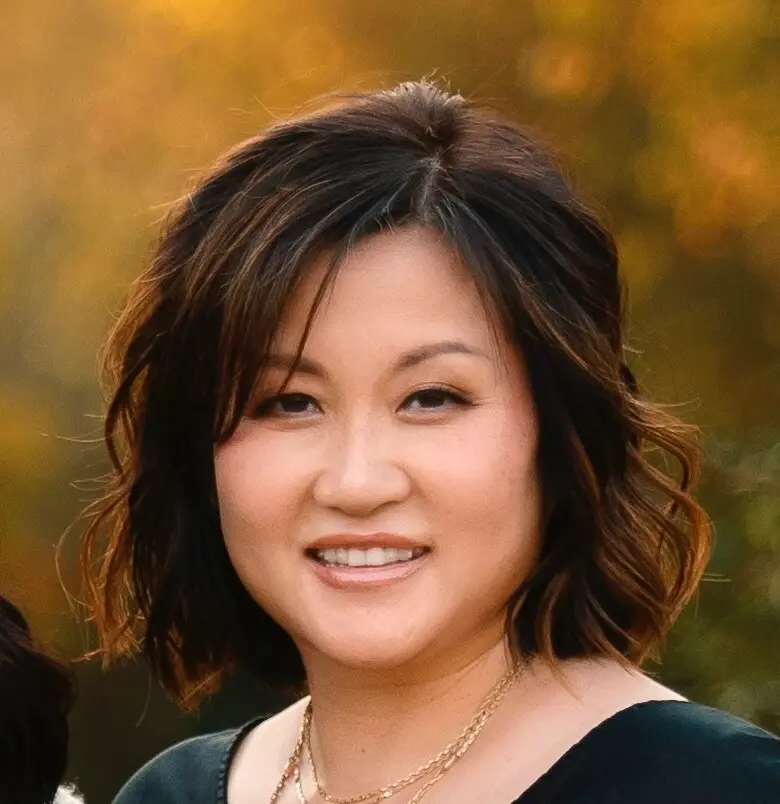
Self-Hate Is No Motivation For Self-Improvement
What do you do if you hate the way you look? Do you punish yourself for not living up to an imaginary ideal, hoping your harsh words will keep you from unhealthy habits or magically transform your self-hatred into self-acceptance? Hate your outfit and you can change clothes. Hate yourself and you may want to consider trying on something different: self-compassion.
I remember staring in the mirror, pinching my stomach, and willing it to shrink. Every dimple of cellulite felt like a judgment. Back then, self-improvement felt like a relentless pursuit of getting rid of these "flaws". It didn’t feel like self-destructive behavior. I believed negativity and self-criticism would be my motivator.
"Hate your thighs enough," I thought, "and you'll finally get off the couch and change them!"
I convinced myself that by ceaselessly criticizing my thighs, stomach, or any perceived imperfection, I would magically develop the motivation to change. It felt logical at the time – the deeper the dislike, the stronger the push to "fix" myself. Unfortunately, this approach backfired spectacularly. The negativity became a vicious cycle. The more I criticized myself, the worse I felt, leading to exhaustion and a complete lack of motivation to actually make healthy changes.
The Myth of Motivation Through Self-Loathing
Our journey toward self-improvement is often rooted in the desire to reach a specific destination – a thinner body, a more successful career, a picture-perfect life. However, research suggests that this approach, fueled by self-criticism, can backfire.
Self-compassion researcher Kristin Neff explains that self-criticism activates the threat response in our brains, triggering the release of stress hormones like cortisol. This puts our bodies in a fight-or-flight state, making it difficult to focus on long-term goals and healthy habits. Imagine trying to build a healthy routine while feeling constantly stressed and overwhelmed – it's a recipe for burnout, not progress.
the power of self-love and self-compassion
So, what's the alternative? The key lies in cultivating self-love and self-compassion. Self-love isn't about narcissism or arrogance; it's about accepting yourself as a whole person, strengths and weaknesses included. Self-compassion involves treating yourself with the same kindness and understanding you would offer a close friend struggling with a similar challenge.
Studies have demonstrated the power of self-compassion – including this one by Neff, The Role of Self Compassion. Individuals who practice self-compassion are more likely to stick with healthy habits, manage setbacks constructively, and bounce back from failures.
Self-compassion fosters a sense of inner security, allowing us to approach challenges with courage and perseverance.
So how do we ditch the inner critic and embrace the cheerleader within? Here are a few tips:
- Challenge negative thoughts. When you find yourself criticizing your body, challenge those thoughts. Ask yourself, "Would I talk to a friend this way?"
- Practice gratitude. Take a few minutes each day to reflect on things you appreciate about yourself, both physical and non-physical.
- Start small and celebrate progress. Don't try to overhaul your entire life overnight. Focus on making small, sustainable changes and celebrate your wins along the way.
The best version of ourselves emerges when we treat ourselves with love and respect. So, embark on your self-improvement journey from a place of self-compassion. This approach will make the journey not only more enjoyable but also significantly more successful. Remember, you are worthy of love and support, especially from yourself.
Self-improvement is a journey, and sometimes we all need a little support along the way. If you're feeling overwhelmed by negative thoughts or emotions, and you're ready to explore a path towards self-compassion, reach out! I specialize in helping adults overcome anxiety, depression, and feeling constantly on edge at Lifeologie Counseling Allen, Texas. Contact me today to schedule a free 15-minute consultation to see if my approach to therapy is a good fit for you.
Elsewhere, you can search "locations" on wefixbrains.com to find a therapist near you! Let's work together to create a more fulfilling and peaceful life for you.

About Cindy Park
Cindy Park helps adults gain greater self-awareness, experience personal healing, and develop resilience. She has personal insight into the distinct challenges that people of color and children of immigrants may encounter, and how the right tools can help us live with authenticity. She sees adults in person and via telehealth at Lifeologie Counseling Allen.
Meet Me
.png)


